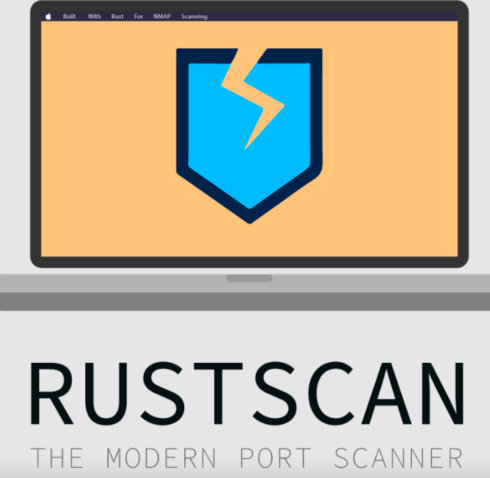
This week’s highlighted open-source project is a modern take on port scanning. RustScan is a port scanner that is fast and efficient, and utilizes machine learning to improve the more you use it.
According to the project’s GitHub page, RustScan is able to scan 65,000 ports in just 3 seconds. It also still offers the option to do a slower scan for stealth if required.
Its deployment process has tests in place to check that any changes made to RustScan must not make it slower than the previous version. If the test fails, the continuous integration automatically fails.
It is also an extensible tool. The scripting engine works with most programming languages, including Python, Lua, and Shell.
“Want to take your found ports and pipe them into Nmap for further analysis? That’s possible. Want to run smb-enum if SMB is found open? Possible. The possibilities are endless — and you can write scripts in whatever language you feel comfortable with,” the GitHub page states.
Adaptive Learning capabilities learn about the environment you’re scanning and how you use RustScan. Then it can make changes in the future to work better to suit your needs.
It also has accessibility goals in mind. According to the project maintainers, most penetration testing tools aren’t accessible, and RustScan is one of the first that is.




